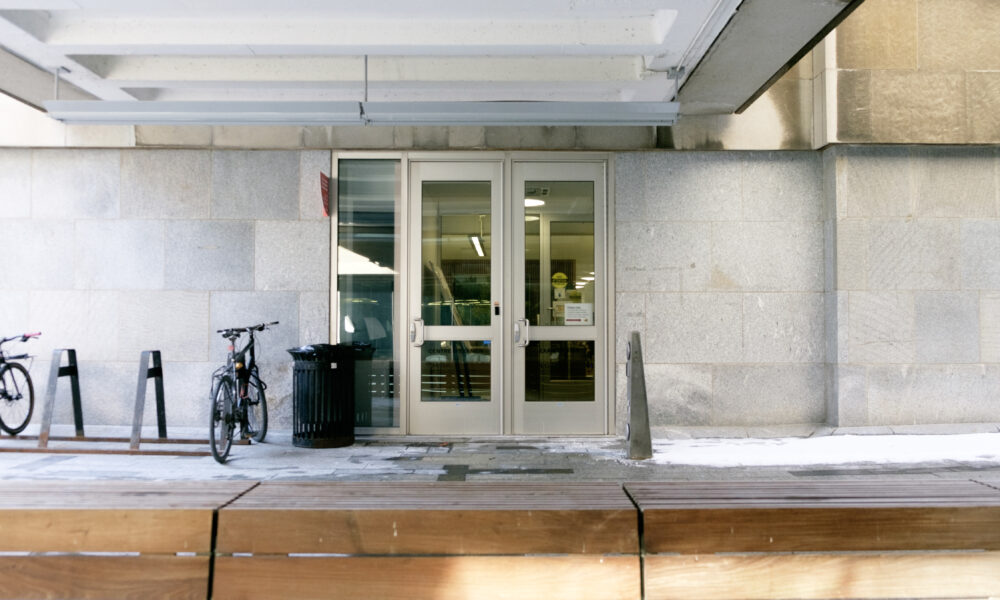McGill’s Student Accessibility and Achievement (SAA) program consistently faces criticism for not providing thoughtful support tailored to student’s needs and not adequately addressing the diverse range of student challenges. Forty per cent of Canada’s university students self-identify as having a disability, which raises the question: Are students truly receiving the support they require? The SAA’s consistent failure to adapt causes concern regarding the effectiveness of disability support services for McGill students.
The SAA works online and in-person to ensure widened access for students with mental and physical disabilities. Their services include extended time for exams, shared notes, and guidance to assist in navigating personal and academic development. However, McGill students are required to provide provincially mandated medical documentation from a professional sanctioned by PL-21—an amendment of Quebec’s Professional Code and mental health laws, to gain access to resources. Only then does the program work with students to determine which services are most suitable to their individual conditions.
Unfortunately, numerous students struggle to acquire SAA support due to a lack of access to proper medical documentation. Many students fail to receive proper diagnoses at the university due to McGill’s lengthy waitlist and have a similarly hard time when searching outside the university due to immense costs restricting access to private healthcare, especially for those who do not have proper insurance. Why is there not an appropriate program in place for those without medical documentation? McGill’s Student Wellness Hub (SWH) is not enough to assist those in crisis. While helpful for some, services such as group therapy do not increase a person’s ability to focus, and the SWH’s months-long wait to speak to a medical professional compounds anxiety.
When a student does provide proper documentation, there are still numerous restrictions preventing them from taking full advantage of available support. The Canadian government determines the SAA’s funding, affecting the distribution of resources. For example, upcoming budget restrictions could result in a reduction of the program’s operational capacity. Public opinion of disabilities factors into government decisions, potentially causing students to miss out on essential opportunities. Marginalization already affects the stability of many students’ university life due to negative social perceptions of disabilities and when compounded by the lack of accommodation at McGill, it creates a sense of discouragement.
The SAA claims to modify its support based on student and stakeholder feedback. However, if a portion of this feedback comes from students registered with the SAA, why have so few necessary changes been made? For example, students must sign up for exam accommodations at least 14 days prior to the date of assessment. Attempting to manage a full course load as a disabled student, alongside sign-up dates for course assessments, is overwhelming. While the SAA reminds students through emails and posted announcements, this is insufficient for those with memory and organizational challenges. Additionally, numerous courses do not announce assessment dates within the SAA’s provided time frame. If an evaluation is announced one week in advance and a student fails to seek support prior to that time, they are disqualified from receiving assistance.
Despite its shortcomings, the SAA remains crucial at McGill, supporting a marginalized part of the student body. From facilitating meetings with Learner Support Specialists to working on individualized academic strategies, the SAA provides essential student services. However, McGill must pay attention to where it can and should be improving. Enhanced staff training on disability awareness, increased support for those without direct access to the SAA due to inaccessible medical care at McGill and across Canada, and better implementation of student feedback are vital to the SAA’s resource improvement. The program must evolve to address fluctuating barriers affecting students, offering personalized supports that ensure equitable access. In this age of an evolving disability justice movement, why is it so difficult to assist students primed for success?








